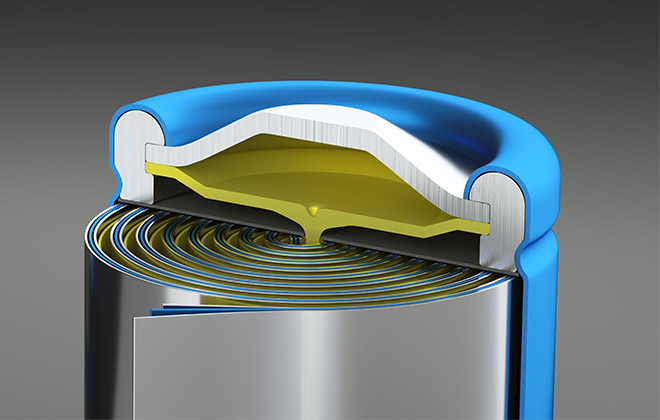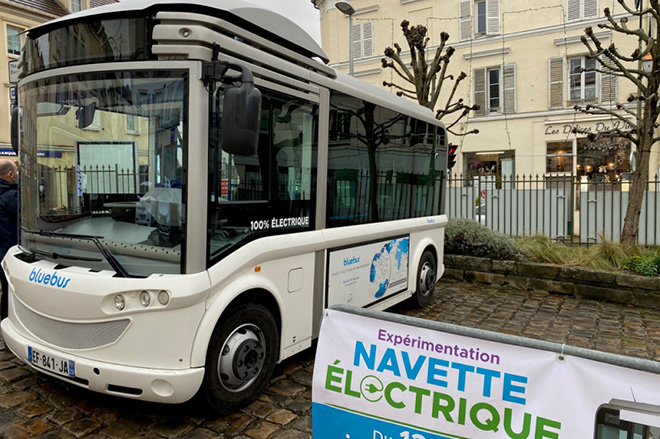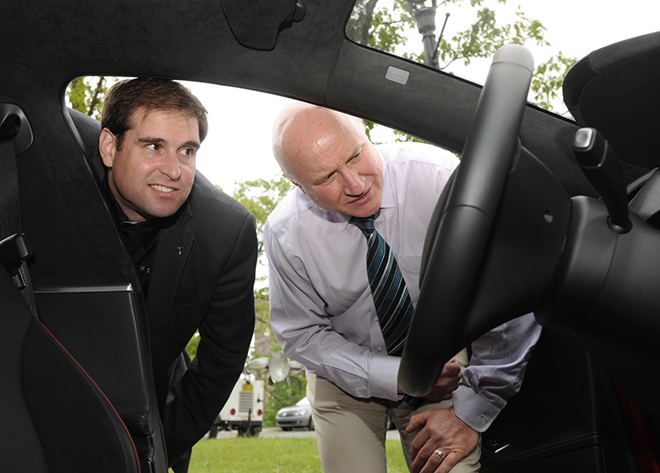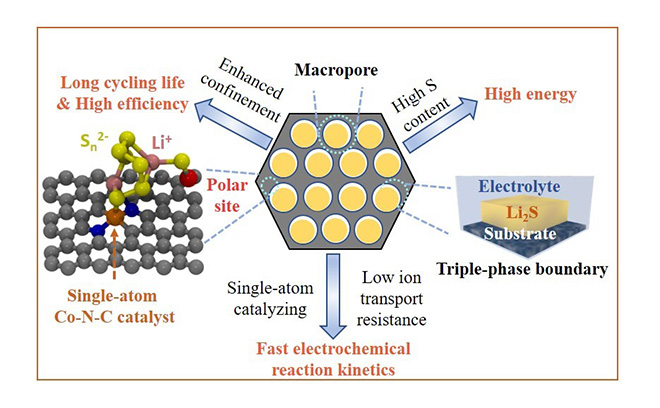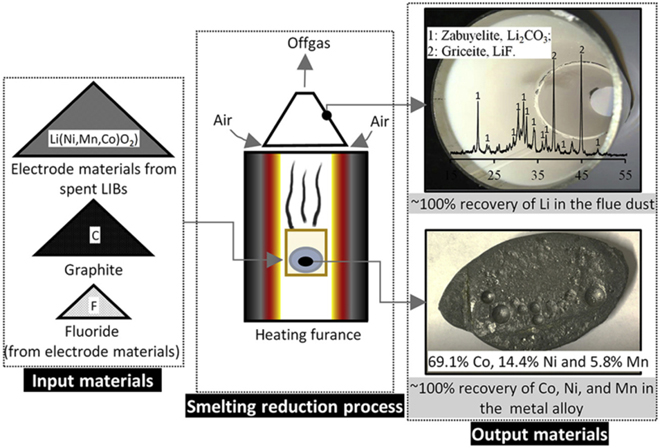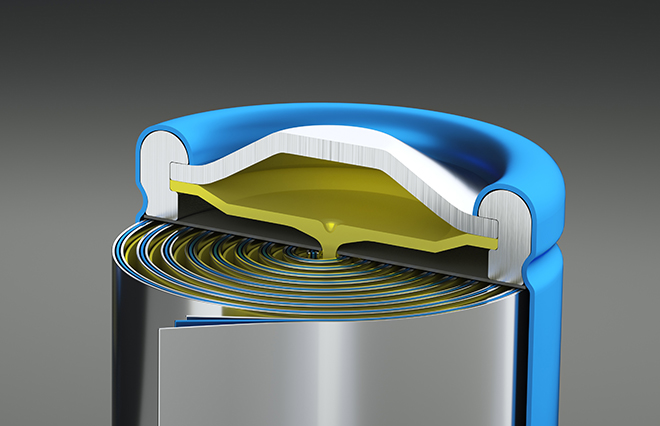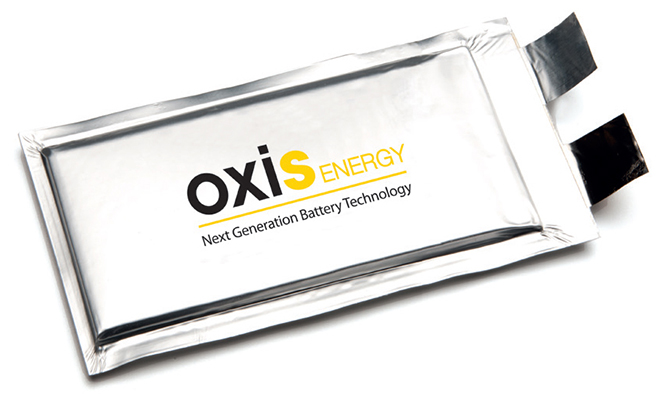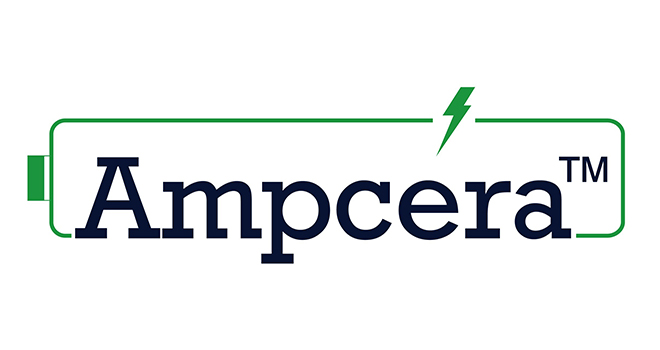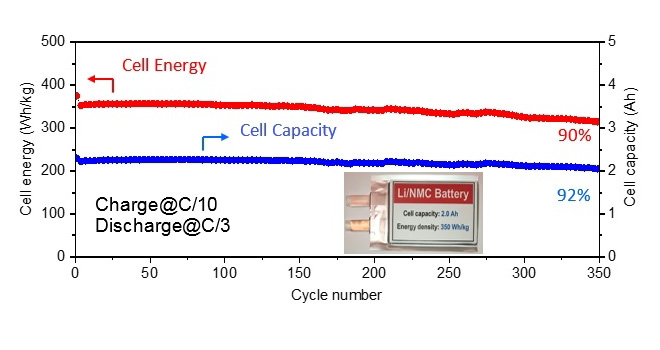Lithium-metal batteries, which use anodes made of lithium metal rather than graphite, could offer great improvements in energy density and weight. The DOE’s Battery 500 Consortium has set a goal of developing lithium-metal EV batteries with triple the energy density of today’s Li-ion cells. Now scientists at Stanford University and the SLAC National Accelerator Laboratory… Read more »
Search Results Found For: ""lithium metal""
Bluebus electric minibus, with solid-state LMP batteries, operating in France
The French city of Triel-sur-Seine has launched a trial of an electric shuttle service that uses a six-meter electric bus made by Bluebus, a subsidiary of the Bolloré Group. The minibuses, which will be delivered this summer, are part of an order for up to 800 e-buses from three manufacturers by Île-de-France Mobilités, an agency… Read more »
Tesla’s Advanced Battery Research group gets new leadership, Jeff Dahn to become advisor for Novonix
Professor Jeff Dahn is a star researcher in the battery field—he has co-authored 730 papers and holds some 73 patents. Professor Dahn and his research group at Dalhousie University in Halifax, Nova Scotia have had an exclusive research partnership with Tesla since 2016. Now Professor Dahn is stepping down from his leadership role at Tesla’s… Read more »
Hong Kong researchers propose novel cathode design for Li-S batteries
A team led by Professor Zhao Tianshou of the Hong Kong University of Science and Technology has proposed a novel cathode design concept for lithium-sulfur (Li-S) batteries. Li-S batteries are regarded as attractive alternatives to Li-ion batteries. They are known for their high energy density, while their major component, sulfur, is abundant, light, cheap and… Read more »
New smelting reduction process recovers Co, Ni, Mn, and Li from Li-ion batteries
A team from metals research institute SWERIM in Sweden has reported on a smelting reduction process to recover cobalt, nickel, manganese and lithium simultaneously from spent Li-ion batteries. A paper on their work was published in the Journal of Power Sources. Results from the laboratory-scale smelting reduction (carried out at 1,550°C in an Ar atmosphere… Read more »
Miltec gets DoD contract for its Li-ion battery electrolyte
Miltec UV has been awarded a contract from the Defense Logistics Agency to demonstrate the cell technology to produce solid-state lithium-ion batteries using Miltec’s UV-cured Gel Polymer Electrolyte. This technology could accelerate the advancement of solid-state lithium batteries. Miltec is working with battery manufacturer Saft to develop and provide test cells fabricated with a UV-cured… Read more »
Oxis Energy’s ultralight Li-sulfur batteries are aimed at aviation
Oxfordshire-based Oxis Energy has been working on lithium-sulfur battery technology since 2004 (Charged has reported on the company several times over the years). In a recent article in IEEE Spectrum, the company’s Head of Battery Development and Integration, Mark Crittenden, explains why lithium-sulfur tech is uniquely suited to electric aviation. Weight is a critical constraint… Read more »
Ampcera announces new solid electrolyte technology for solid-state batteries
Ampcera has introduced a low-cost flexible solid electrolyte (SE) membrane technology for solid-state batteries (SSBs). Ampcera’s SE membranes can be as thin as 25 microns, offer room temperature lithium ionic conductivity greater than 1 mS/cm, and are stable against a lithium metal anode. According to the company, they would enable solid-state lithium metal batteries with… Read more »
Scale up micro-solid-state batteries to large EV cells? It’s not so simple.
Q&A with Ilika Technologies Every other scientist in the battery world seems to be working on commercializing large-scale solid-state batteries for use in EVs. The potential for technical and safety benefits is substantial, so there will be a big pot of gold for those who first make real advancements on the automotive level. Using solid… Read more »
Battery500 Consortium steadily increases energy density and cycle life of Li-metal cells
Launched in 2017, the Battery500 Consortium is a multi-institution program working to develop next-generation lithium metal anode cells delivering gravimetric energy density of up to 500 Wh/kg. The Battery500 team is composed of scientists and engineers from four national laboratories and five universities. Two of the researchers on the team, Professor Stanley Whittingham of Binghamton… Read more »




